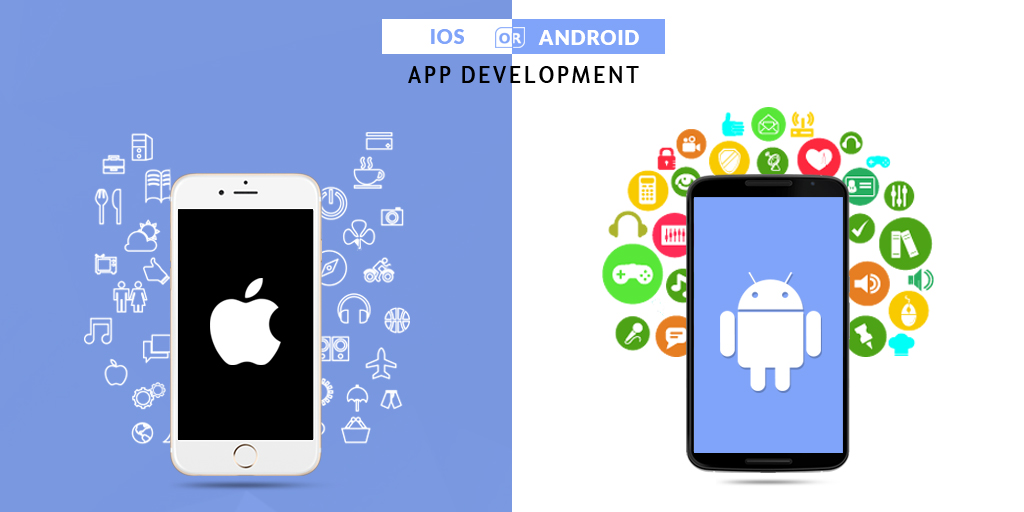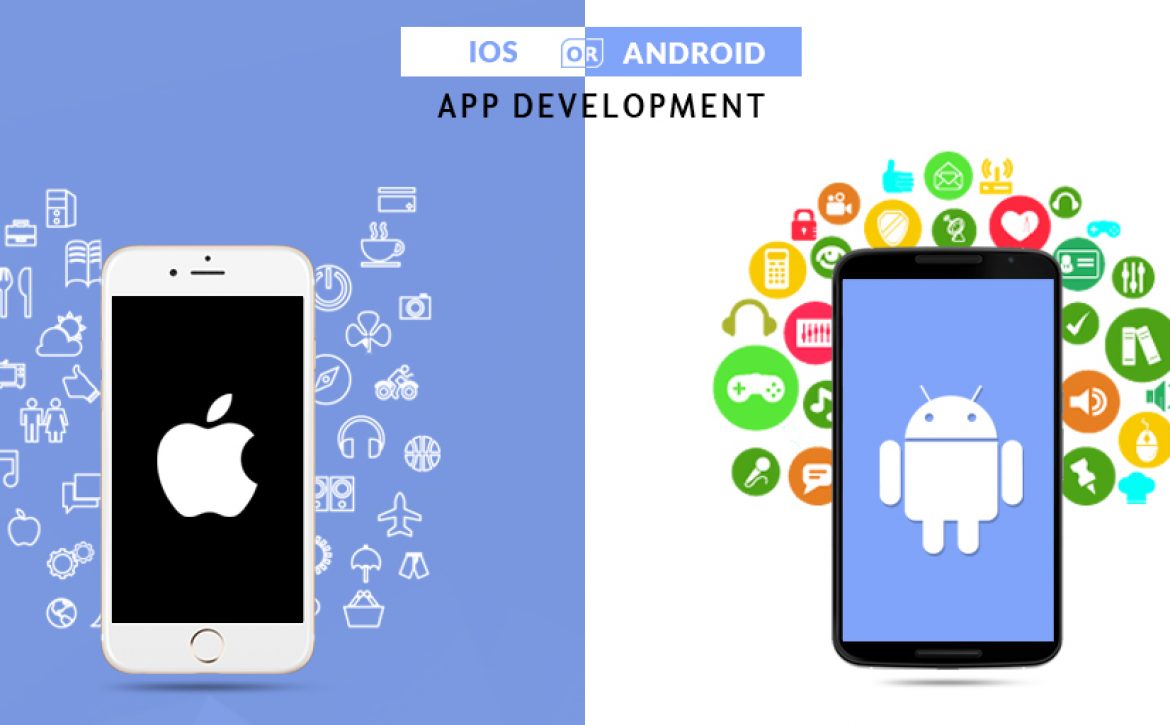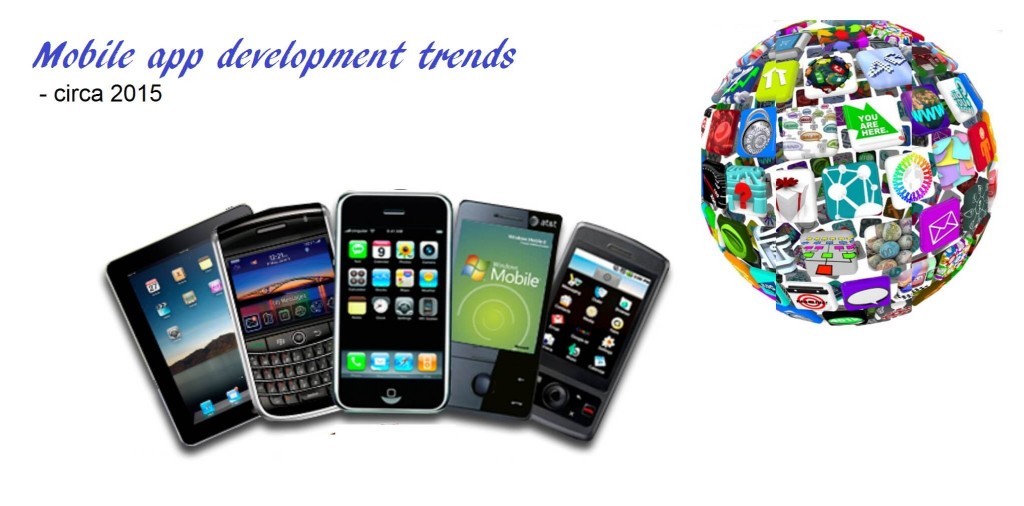iOS vs Android App Development: The Pros & Cons
Globally about 5.11 billion people make use of smartphones and this number is only going to raise in the years to come. This trend will take the app development industry to a peak where businesses and consumers will both look for better mobile applications. Also, the average time that a person spends using their smartphones is about three hours a day. Therefore, this will further accelerate the upgrading and updating of mobile applications to stay relevant with time. Understand the pros & cons of iOS vs Android mobile app development.
The smartphone industry is expected to grow to 7.33 billion by 2023. This figure being overwhelming will help application developers to keep up with the demand. The proliferation of more and more mobile applications has to lead to the evolution of business needs and user preferences. Mobile applications which will be at par with these changes will soar high in the coming years. Hence, the businesses and organizations will now focus on figuring out the best approach for developing their mobile app.
Having said, how easy or difficult is it to get going with building an app? Well, the entire process of building a mobile application is a complex endeavour. From ideating to execution, one question always remains the same: Should we develop an iOS or an android application? This question has always been dominating the operating system market. In the global mobile application market, Android platform leads with 68% of the market share, followed by iOS with about 30%, and 2% smaller operating platforms. Does that mean it is safe and best to choose Android as your platform? Of course, not, there are many other factors apart from the market share that can make or break your mobile application dream.

To help you make an informed decision, let us look at some of the pros and cons of iOS vs Android app development:
iOS App Development
Designed only for Apple products like iPhone and iPad, iOS has provided great revenue to Apple as it is very prevalent in developed countries. iOS uses a closed source system that only Apple can use privately. This makes the platform more secure and the chances of getting hacked are very less.
Pros of the iOS platform:
- Standard UI Design: Apple provides a detailed guideline for UI design, thereby helping developers to build an application effortlessly
- Benefits: Apple users are considered to be very loyal to their iPhone or iPad, which makes them spend more money on iOS applications. Apple has built a trustworthy brand positioning for itself, this is what makes the user stick to the same brand for years
- Versatility: Almost all apple devices use the same iOS version. Developers do not have to invest their time and effort in creating app versions for different devices with different resolutions and screen sizes.
Cons of the iOS platform
- Cost: iOS app development requires Xcode IDE which can only be accessed using Macs. The initial investment will shoot up if you do not already own Mac and Xcode
- Stringent Publishing norms: iOS have very strict standard guidelines which are to be followed when developing an application otherwise the apps get rejected mercilessly
- Tailoring: As the guidelines are strict and standard, you can not customise your mobile application the way you wish, and become just like the rest.
Android App Development
Android is the leading operating system in the world. The accessibility and affordability of android smartphones has felicitated for its growth and reach.
Pros of the Android platform:
- Publishing norms: Being not so stringent, app developers can upload the Android PacKage and the application shall be available in the Play Store with hours
- Open System: Developers have more freedom for their creativity and opportunities to develop greater things
- Design: Google provides eye-pleasing layouts and templates for the beginners
Cons of the Android platform:
- Not so versatile: Varying screen sizes, resolutions, and aspect ratios can be a task for the developers
- Cost: Total development cost gets high as you need to invest in optimisation and testing
- Testing: Android has many end-devices, and testing the usage of the application in all of these is time and money consuming
By learning these key differences, you must have gotten an idea as to which platform you must choose. If you are looking to delve deeper and create a successful mobile application then connect with us at +91- 9863077000 or [email protected] and we will help build one.




